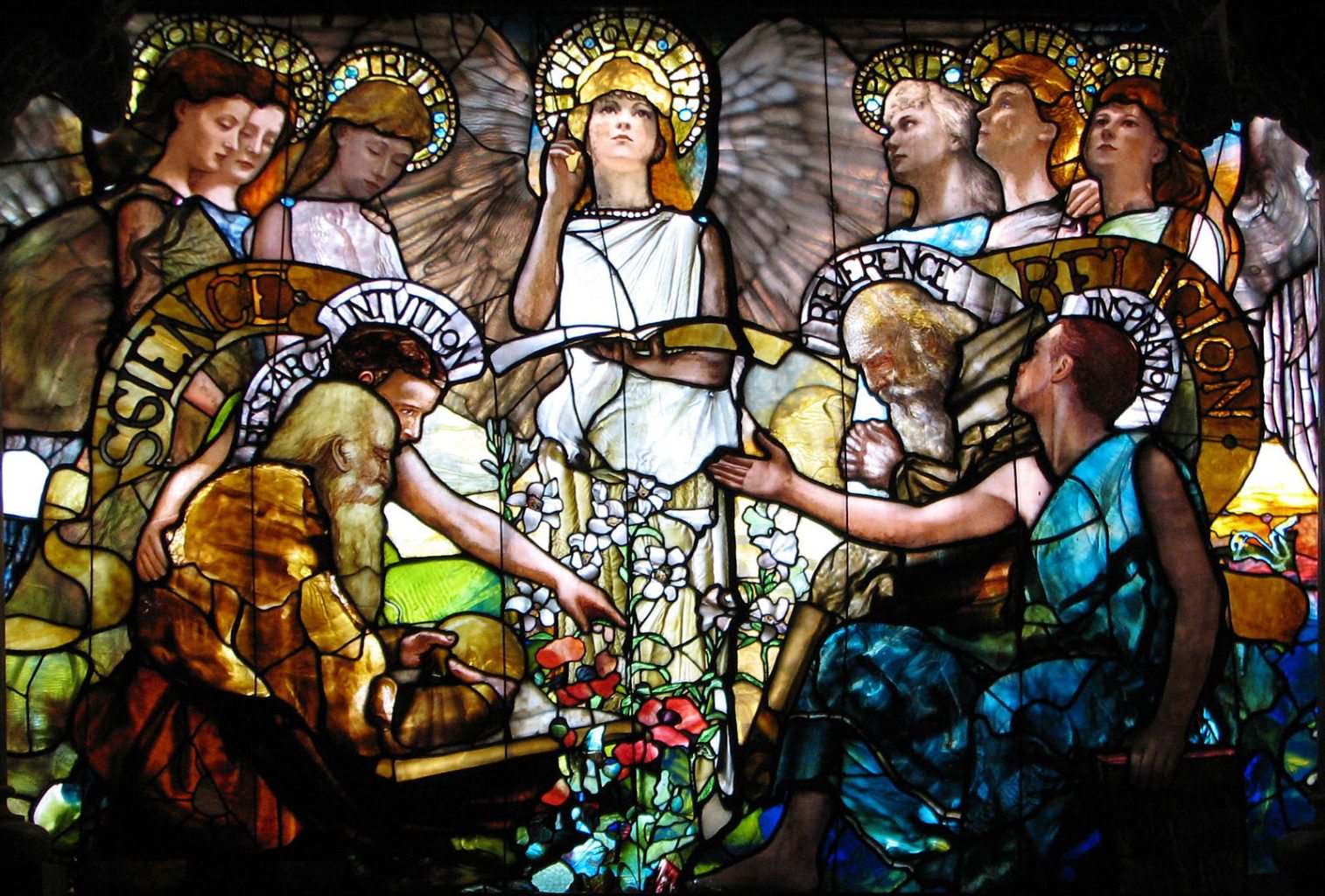Can science and religion coexist?
One of science’s big battles has always been with religion. In the seventeenth century, Galileo was put on trial for his heretical belief that the Earth revolved around the Sun. Nowadays, we see clashes in America about the teaching of evolution. However, religion has noticeably been on the wane in current society and it begs the question of, in a world where science is becoming increasingly popular, is there still room for mysticism?
Religion and science evolved from a similar place – they both noticed interesting things about the world around us, and sought to explain them. However, they adapted a different tack on how they explained them. Neil deGrasse Tyson says that science relies on observational and experimental verification, while religious claims rely on faith in a higher power – the different approaches lead to a clash between the two.
Neil deGrasse Tyson says that science relies on observational and experimental verification, while religious claims rely on faith in a higher power…
One of the big questions in our universe- often touted as the evidence of a deity- is what happened before the Big Bang. Science has no definitive answer on this (theories include a burst of energy from the collapse of another universe), whereas religion does. That being said, the validity of that answer still depends on the respondent. We can’t prove existence of a higher power either way, and no scientific knowledge serves to disprove it if a deity intended it to be that way.
Arguably, science makes the same demands of us. Take something like dark matter. Our current theory of the universe posits dark matter, although we have never directly observed it. It seems science is asking us to believe in something we have little evidence of. What’s the difference here? Well, science is tackling both possibilities. It is actively searching for dark matter, which would prove the theory, while working on a new theory in case we prove the contrary. Science actively pushes the boundaries of knowledge, whereas belief in an all-powerful deity can arguably make us a bit complacent, happy that things happen because they do.
Science can be said to be solely about facts, whereas religion offers us a something a bit different…
A different line of attack, then – religion offers us things that just aren’t possible -oceans don’t part, water doesn’t turn into wine, etc. Now, I don’t have explanations to offer, but not understanding how something is done doesn’t mean that it can’t have been done. If we offered people of the past humans flying, machines to see inside of our bodies and the Large Hadron Collider, the reaction would be sheer disbelief. With increased understanding comes the possibility of making the impossible possible. While I don’t intend to imply that all religious text should be read literally (often allegorically is best), a lack of understanding at the moment doesn’t disprove anything. I mean, scientists don’t entirely understand how bikes stay upright, but they do.
Science can be said to be solely about facts, whereas religion offers us a something a bit different – the concepts of universal human rights and morality arose from the prevalence of religion. It can also offer us comfort in a way that a rationalist approach to things simply cannot – it is far more consolatory for the dying to imagine an afterlife, for example.
Science and religion are not mutually exclusive things – a recent study of US professors found that just under 80% believed in a higher power to varying degrees. I think there is place for science and mysticism to coexist, in part because they deal with different realms of thought. Science is great at answering ‘how,’ religion at ‘why.’ I don’t believe there can be a clean break, so I’ll leave the last word to Einstein: “Science without religion is lame; religion without science is blind.”

Comments (1)
“I don’t believe there can be a clean break” but there might very well be a shotgun marriage in the making! For what science and religion, not to mention the rest of us, thought impossible has now happened. History has its first literal, testable and fully demonstrable proof for faith and it’s on the web.
The first wholly new interpretation for two thousand years of the moral teachings of Christ has been published. Radically different from anything else we know of from theology or history, this new teaching is predicated upon the ‘promise’ of a precise, predefined, predictable and repeatable experience of transcendent omnipotence and called ‘the first Resurrection’ in the sense that the Resurrection of Jesus was intended to demonstrate Gods’ willingness to reveal Himself and intervene directly into the natural world for those obedient to His Command, paving the way for access, by faith, to the power of divine Will and ultimate proof!
Thus ‘faith’ becomes an act of trust in action, the search along a defined path of strict self discipline, [a test of the human heart] to discover His ‘Word’ of a direct individual intervention into the natural world by omnipotent power that confirms divine will, law, command and covenant, which at the same time, realigns our mortal moral compass with the Divine, “correcting human nature by a change in natural law, altering biology, consciousness and human ethical perception beyond all natural evolutionary boundaries.”
So like it or no, a new religious teaching, testable by faith, meeting all Enlightenment criteria of evidence based causation and definitive proof now exists. Nothing short of an intellectual, moral and religious revolution is getting under way. To test or not to test, that is the question? More info at http://www.energon.org.uk